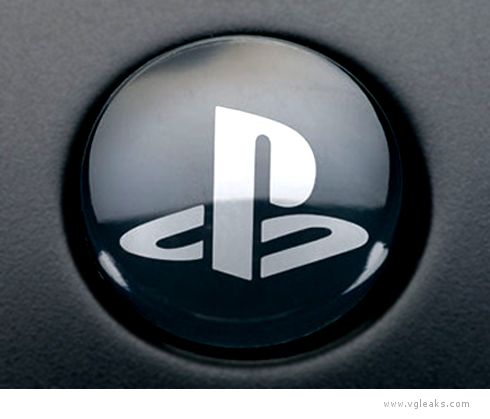Source: Pixabay.com
When setting up a gaming rig, many people spend a lot of researching and shopping for the best CPU, GPU and monitor. But not as much attention is given to another crucial aspect of your gaming experience — the keyboard.
If you have never bought a keyboard before, finding the right gaming keyboard can feel a little overwhelming, given the vast range of options available on the market today. It does not help that manufacturers often highlight technical features that the average person may not be familiar with.
Still, you can simplify the process if you know what to look for and what your gaming expectations are. There is no one-size-fits-all when it comes to gaming keyboards. Use the following parameters to determine the gaming keyboard that is most suitable for you.
Keyboard Size
You have likely noticed that not all keyboards are identical in size, and some seem to have more keys than others. A full-size keyboard has slightly more than 100 keys. That includes the alphanumeric QWERTY section, various function keys, a number pad and the directional cursor keys. These are the widest-sized keyboards available and often take up a lot of space.
Some gamers see the number pad in particular as creating an unnecessary distance between their left hand’s position on the keyboard and their right hand, placed on the mouse. If you do not need the number pad, you can always go for the “tenkeyless” (TKL) keyboard. It has a smaller footprint, but retains all the most important gaming keys, including the cursor keys. Check out the best TKL keyboards, according to thegamingsetup.
Membrane Versus Mechanical
While keyboards in the same size category may appear similar, there are often fundamental differences in how each key responds when pressed. The majority of keyboards on the market today rely on membrane technology.
Membrane keyboards have a silicone or rubber layer that also acts as the electrical contact. They have found widespread use primarily because they cost less to make, allow for razor thin design and are quiet. On the other hand, the absence of a distinct click when pressed can make it difficult for gamers to know whether the key has been pressed and activated properly.
Mechanical keyboards are more old-fashioned and have taller keys than membrane keyboards dp. Underneath each key is a mechanical switch. They have a noticeable click when successfully pressed. Mechanical keyboards are more precise, reliable and durable, which often makes them the better option for serious gamers.
Key Rollover
For routine non-gaming computer-use, it is not common for multiple keys to be pressed at the same time. When it occurs, it is sometimes called a “fat finger” error, so it does not matter which of the keys registers. But in a gaming context, simultaneous key presses occur every time and each one is important.
Gaming keyboards are designed to support an “n” number of simultaneous presses, something referred to as the n-key rollover. The higher the “n,” the more versatile the keyboard is. A good gaming keyboard also comes with anti-ghosting features. Ghosting occurs when the keyboard registers a key that was not pressed at all. For non-gaming keyboards, ghosting may be tolerable, but in gaming, that key press can have disastrous, unintentional results during play.
Backlit Illumination
You may have seen a gaming keyboard lit up with an array of colors and wonder whether that was excessive or necessary. But keyboard illumination is more than just creating a “wow” factor. Adjustable backlights can actually improve play.
For example, you could divide the keyboard into the common zones, then light up each zone in a different color. With that, you will have a visual reference of where to press, even when you are not directly looking at the keyboard. The less you have to think through where you are pressing, the quicker your play becomes.
Not Created Equal
Gaming keyboards are not all created equal. These tips can guide you in buying a gaming keyboard that consistently works as expected to give you optimal performance.












